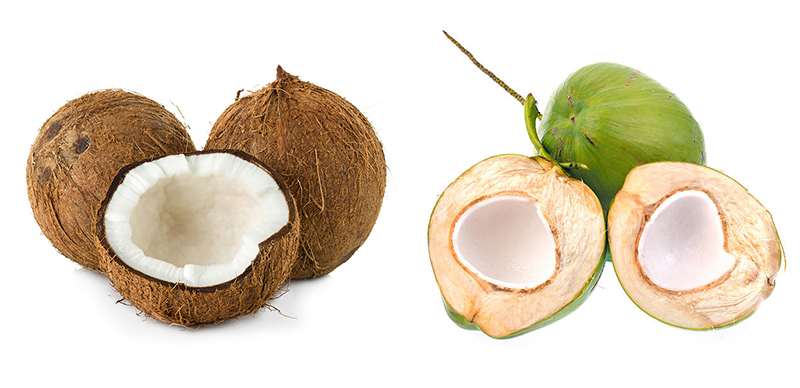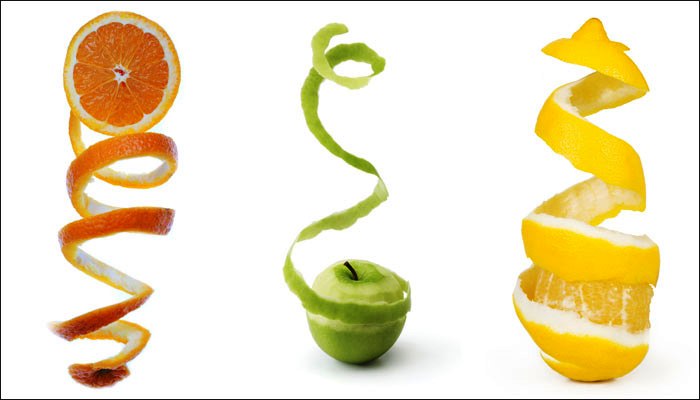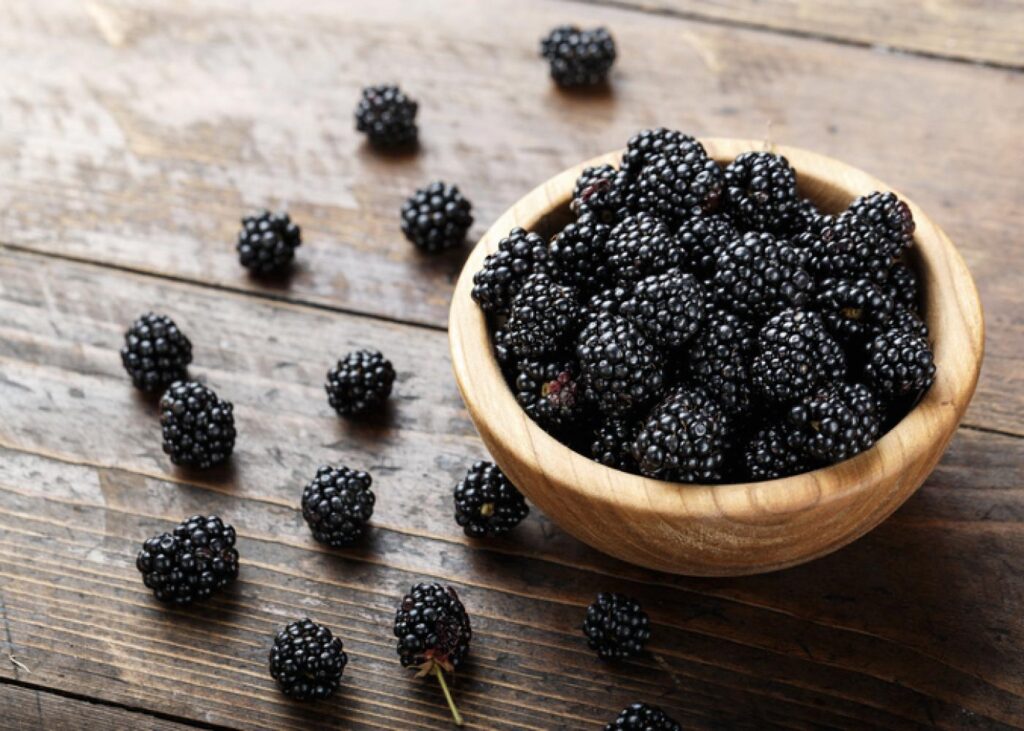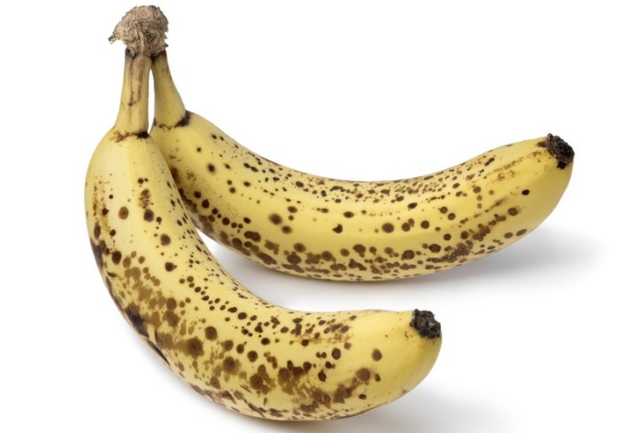Avocado often sparks curiosity: is it a vegetable or a fruit? We’re here to settle the debate and provide you with a clear-cut answer.
In this article, we’re diving deep into the fascinating world of avocados. Whether you’re a die-hard fan or just curious, we’ll dissect the major points of confusion. Plus, we’re going to highlight the amazing health perks that come along with munching on avocados.
Many people are puzzled by avocados. Some say it’s a veggie because it’s so good in salads and dishes that are savory. Yet others swear it’s a fruit because it grows on trees and has a kind of sweetness.
The fact is, avocados are indeed fruits, and to get super technical, they’re actually considered berries. But due to their culinary uses, they’ve also earned the title of a ‘vegetable’ by being a favorite ingredient in savory recipes.
Avocados are nutrient-packed. They’ve got plenty of vitamins, minerals, fiber, and heart-healthy fats, without any cholesterol or sodium, and they’re low in calories, to boot. Regularly sliding some avocado into your diet could up your health game in a big way.
Table of Contents
- Top 5 Health Perks Of Chowing Down On Avocados
- 1. Boosts Heart Well-being
- 2. Helps Manage Your Weight
- 3. Smoothes Out Digestion
- 4. Keeps Eyes In Tip-Top Shape
- 5. Supports Skin Radiance
- Summing Up The Avocado Debate
- Frequently Asked Questions
- Is Avocado a Fruit or a Vegetable?
- Is Avocado a Berry?
- What does avocado taste like?
- How do you eat avocado?
- Are avocados good for you?
- Why is avocado called a superfood?
- How Can I Tell If An Avocado Is Ripe?
Top 5 Health Perks Of Chowing Down On Avocados
1. Boosts Heart Well-being
Chock-full of monounsaturated fats, avocados are stars at slashing bad cholesterol and upping your defense against heart issues. They’re also rich in antioxidants like vitamin E and carotenoids that combat oxidative damage.
The fiber in avocados maintains cholesterol in check and promotes a fit cardiovascular system.
2. Helps Manage Your Weight
Even though avocados have fat, it’s the good kind that can help keep your weight stable. The healthy fats inside an avocado may curb hunger and help you feel full, which could keep your weight goals on track.
These green wonders are low in calories and bring fiber to the table, both of which are buddies when it comes to weight management.
3. Smoothes Out Digestion
Munching on avocados brings plenty of fiber your way, which is a big plus for your digestive tract.
With the help of avocado’s fiber, things can move through your digestive system like a breeze, lowering your odds of getting constipated and keeping your tummy happy.
Avocados are a fantastic source of prebiotics, too, feeding the beneficial bacteria that make their home in your belly.
4. Keeps Eyes In Tip-Top Shape
Packed with antioxidants like lutein and zeaxanthin, avocados do wonders for your eyesight.
These natural compounds work to shield your eyes from problems like macular degeneration and cataracts, which can mess with how well you see.
5. Supports Skin Radiance
Avocados are full of goodies that could have your skin thanking you. Their healthy fats can moisturize your skin, keeping dryness and peeling at bay.
Rich in antioxidants, avocados can also guard your skin from aging too quickly. And with vitamin E in their corner, avocados help your skin stay vibrant and can even ease the healing of scars.
Summing Up The Avocado Debate
In summary, avocados belong to both the fruit and vegetable categories. Scientifically, they’re berries, but many think of them as veggies because they’re great in non-sweet dishes. When it comes to health, the benefits of avocados are vast and varied, making them a worthy addition to any diet.
Frequently Asked Questions
Is Avocado a Fruit or a Vegetable?
An avocado counts as both a fruit and a vegetable. Even though it’s technically a berry, which makes it a fruit, many people use it like a vegetable in savory meals. Avocados are super healthy; they’re full of good fats, vitamins, minerals, and fiber. Include them in your diet, and they might help lower the chances of getting some diseases.
Is Avocado a Berry?
Indeed, an avocado is a type of berry called a single-seeded drupe. It’s got a squishy outer part and a tough pit inside. Besides its fruit classification, it’s usually eaten in savory dishes, which is why some might call it a vegetable too.
What does avocado taste like?
The taste of an avocado is gentle and somewhat nutty. It’s got a creamy, rich feel, almost like butter. Different avocados might taste a little different; some are slightly sweet, while others have a stronger nutty flavor.
How do you eat avocado?
There are so many yummy ways to eat avocados. You can chop them up for salads, sandwiches, or wraps, or mash them for spreads on toast or crackers. Fancy something sweet? Try them in desserts or smoothies. If savory is more your thing, they’re great in tacos, burritos, or as guacamole.
Are avocados good for you?
Absolutely, avocados are loaded with goodness. They give you healthy fats, vitamins, minerals, and lots of fiber. Having avocados now and then helps you get the nutrients you need, and might even keep you from getting sick.
Why is avocado called a superfood?
People call avocado a superfood because it’s jam-packed with things that are great for your body. It has fats that are good for you, along with vitamins, minerals, and fiber. These can all boost your health and even cut down on your risk of having heart issues or diabetes.
How Can I Tell If An Avocado Is Ripe?
To figure out if an avocado is ripe, look for one that’s dark green or black and feels a bit soft when you give it a gentle squeeze. But be careful; if it’s too mushy, it might be past its best. Try pulling the stem off and peek at the color underneath. If it’s brown, the avocado has probably gone overripe.









